Feminism, freedom and Björk: inside Reykjavik's interdisciplinary modern art scene
Collaboration and community lie at the heart of a new generation of Icelandic creators
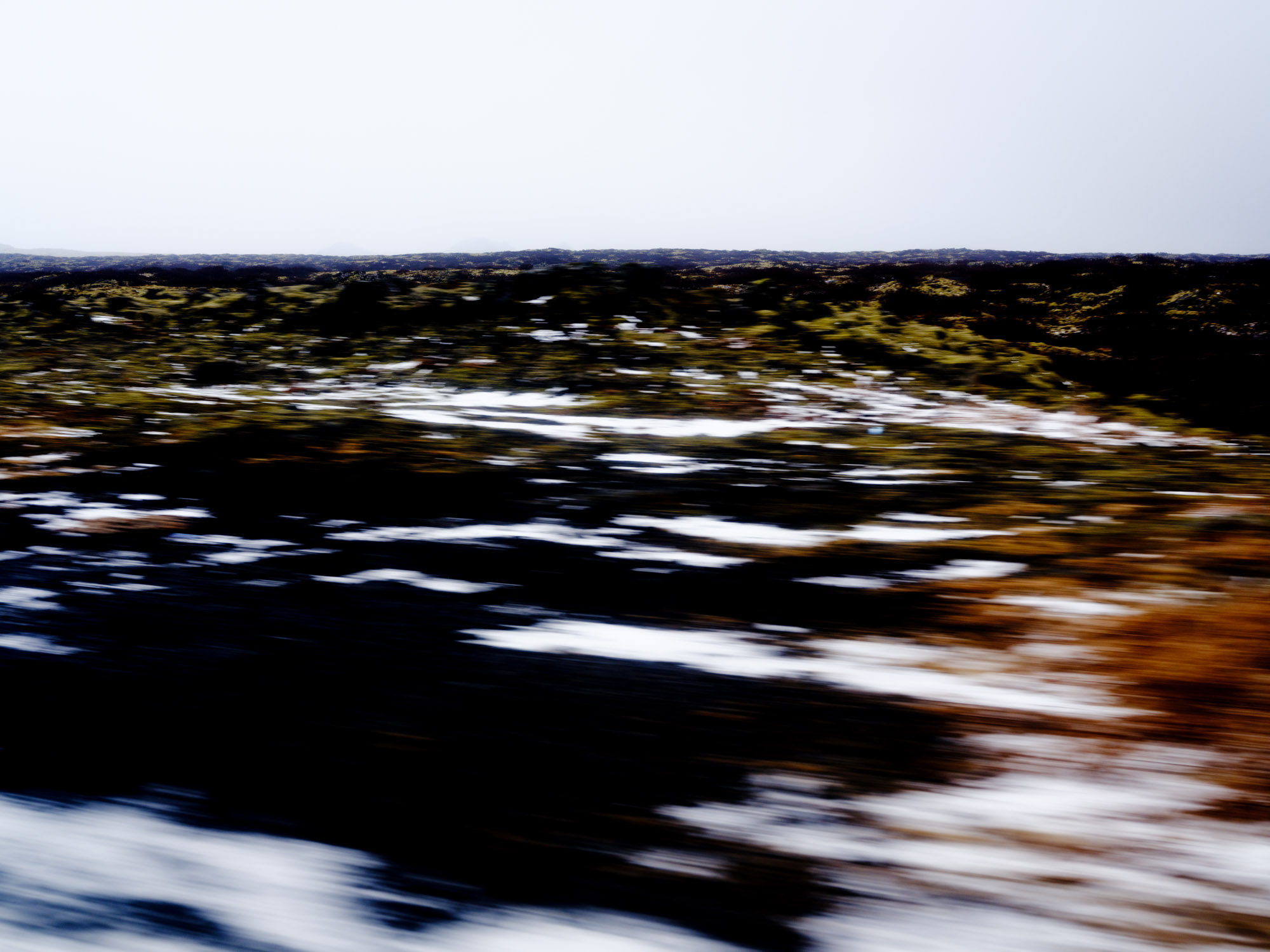
Situated on the Mid-Atlantic Ridge, almost equidistant between the UK and America, it is easy to picture Iceland – with its epic, rugged geology and tales of elves and magic – as something of a utopian bubble. Of course, the country has its own struggles, but politically it is a world away from its neighbours. Last year, Halla Tómasdóttir was elected as its second female president; there is no military presence in the country, while Iceland is consistently ranked among the territories with the least wealth disparity among its population.
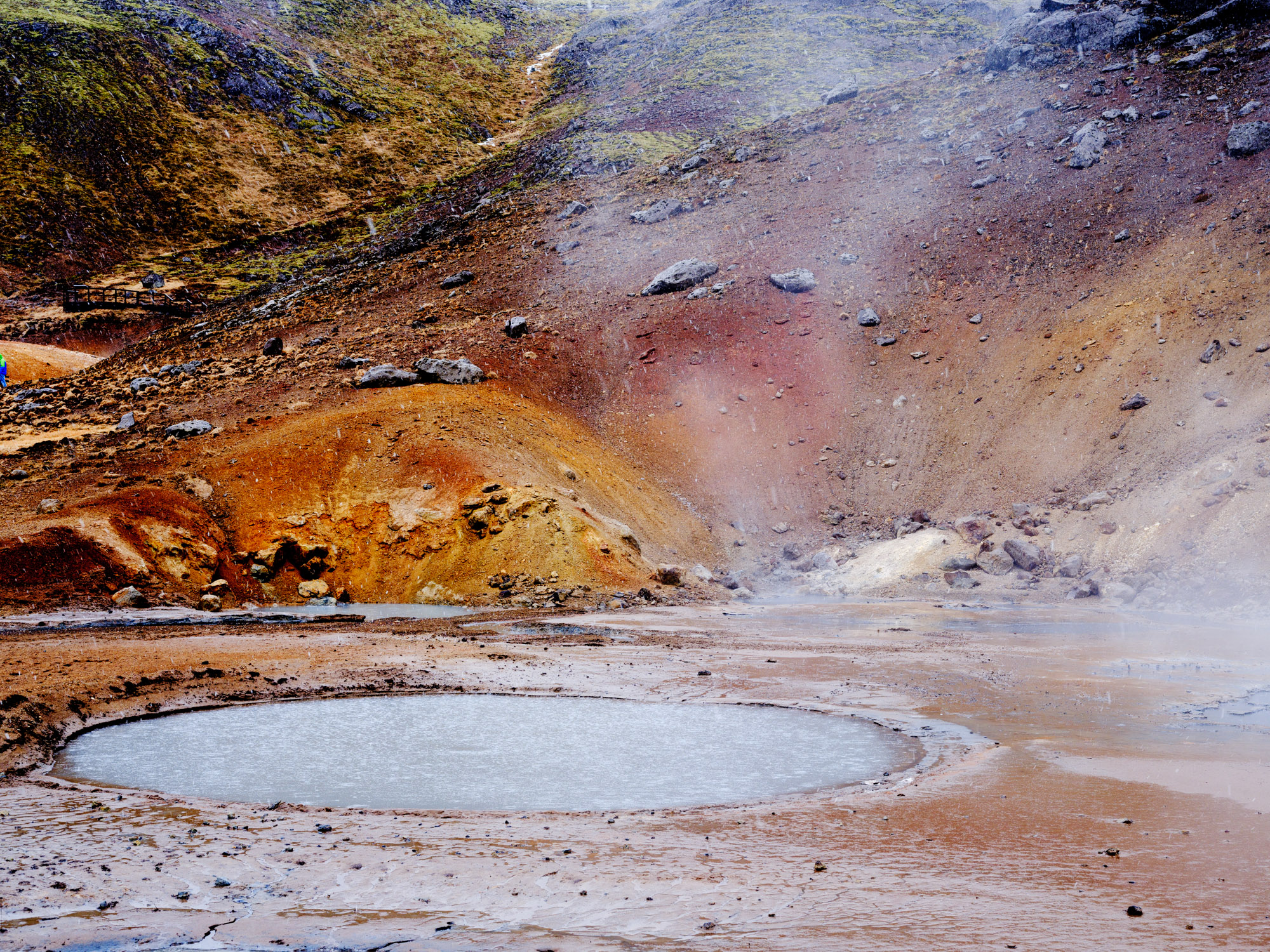
Mývatn in Iceland
It makes sense, then, that the cultural scene in its capital of Reykjavik would be built on similar principles. With its cornerstone values grounded in collaboration, curiosity and creative problem-solving (because you can’t live in a country ruled by such extreme weather and natural conditions without a little creative problem-solving), a glimpse into the current crop of breakthrough artists and innovators reveals a scene that is defiantly anti-algorithm and notably women-led. Away from the boundaries of genre or medium, and underscored by the resourcefulness required of a small population, there is a distinctly interdisciplinary outlook to many of the city’s most exciting new talents. 'We underestimate the power of knowing something is possible,' says artist Ásta Fanney. 'If we have an idea of something then it already is a seed, and with faith we can make it real.'
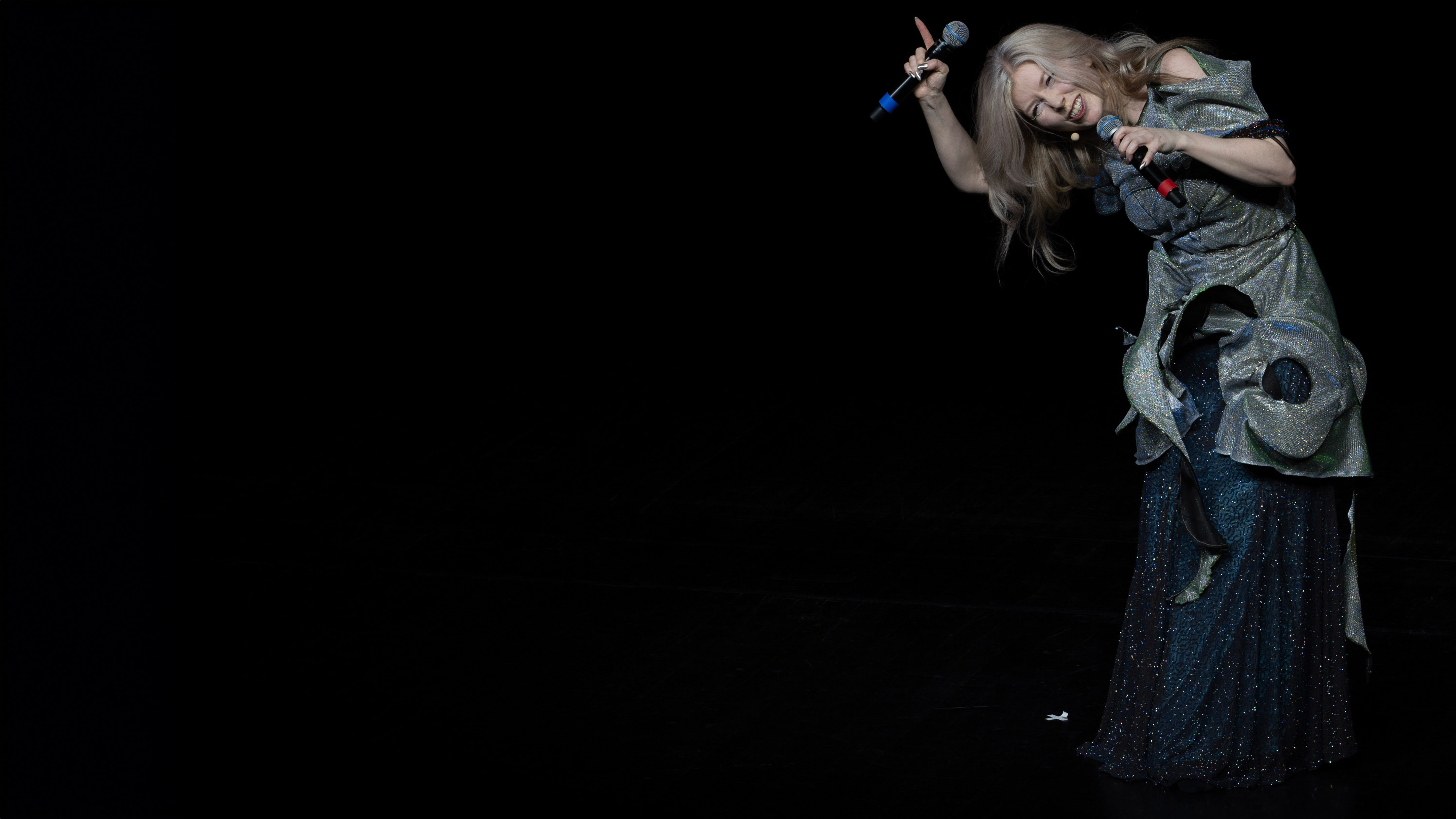
Ásta Fanney performs at Dark Days Music festival
Fanney, a fine art graduate from the Icelandic University of the Arts, works across performance, visual art, poetry, music, video and more. Newly selected as Iceland’s entry for the 2026 Venice Biennale, last month she presented a one-off piece, Glossolalia, as part of Reykjavik’s Dark Music Days Festival. Originally launched in 1980 by the Society of Icelandic Composers, the festival has increasingly broadened its remit to include work that reaches further; in Glossolalia (the concept of speaking in tongues), Fanney deconstructs ideas of language with a performance that is in turns moving and jarring, funny and strange. The first section is comprised of a series of video vignettes – a balled fist slowly moving through space; a seemingly human form wriggling under a blanket that then reveals nothing; a L’Oréal advert hair flip repeated so many times as to distort its meaning – before Fanney emerges onto the stage, pacing and babbling.
'I wanted to take language apart, and maybe also to unpack our reliance on it and the way it betrays us,’ she explains as we drive to the remote geothermal pools of Hvammsvik. 'The world expects everything to be able to be boiled down to an elevator pitch; to be open and vulnerable to the abstract is sort of forbidden. I’m more interested in energy, in the unknown rather than what is being said literally. We’re living in a time where everyone is in an echo chamber, full of information made especially for them. We’re already destroying language, there’s so much hollow discourse. I want a rebellion.'
Marvaða is a self-described 'creative nebula', helmed by Arnbjörg María Danielsen and working across theatre and live music performance, as well as running a record label and harbour-side creative hub. In many ways, Marvaða is also founded in rebellion. Having worked for many years with symphony orchestras around Europe, and most recently as head curator at Reykjavik’s own gallery space and cultural centre, The Nordic House, Danielsen wanted to create 'something that was completely free from any obligations towards any higher entity, founded in Iceland with the community that is here, but oriented towards the world’.
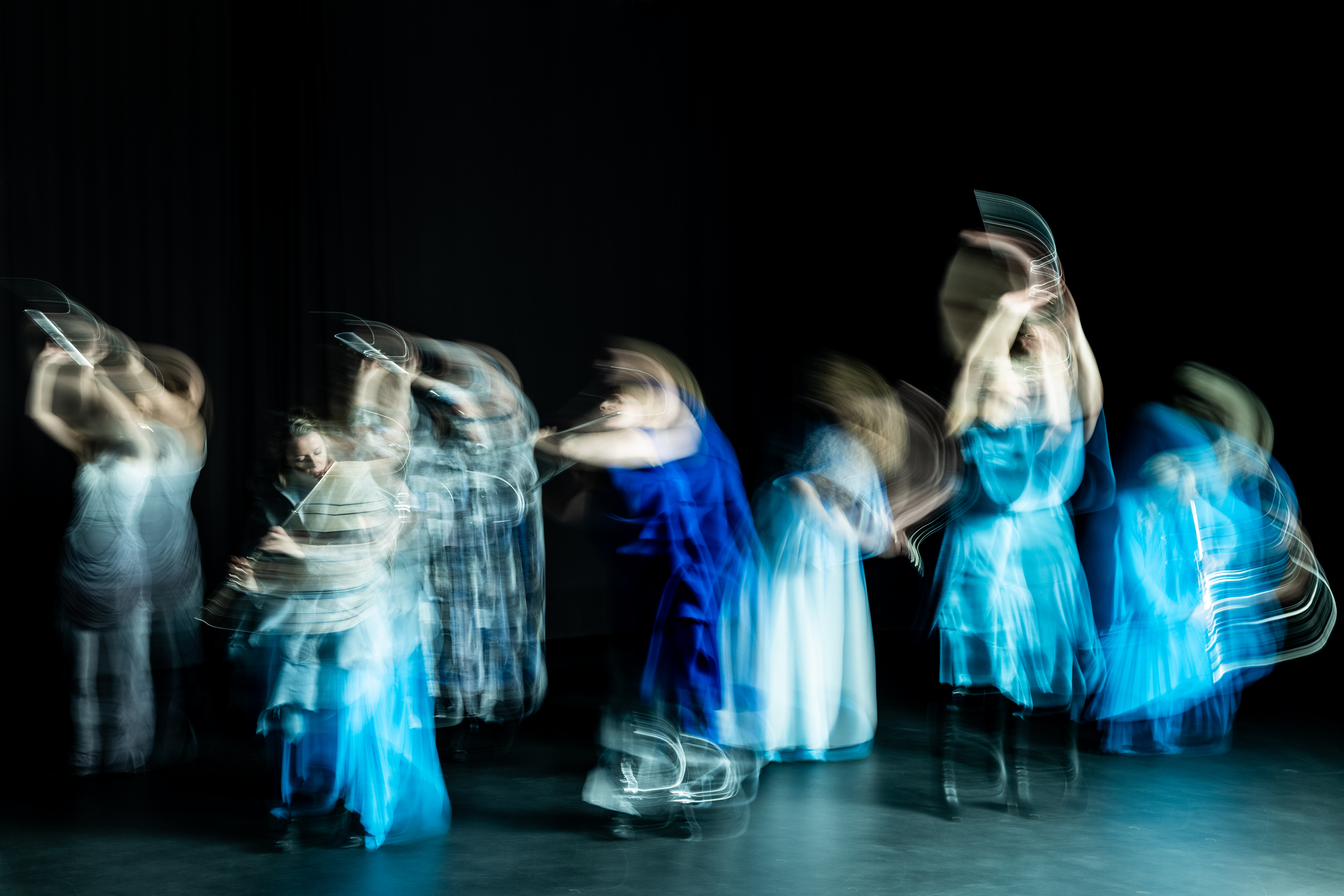
Flute septet Viibra, photographed by Anna Maggy
'If Björk had been a mainstream pop star, maybe that would have influenced Iceland in a different way. But the fact that she’s the kind of artist she is: just her presence in such a small society is very inspirational'
Arnbjörg María Danielsen, founder of Marvaða
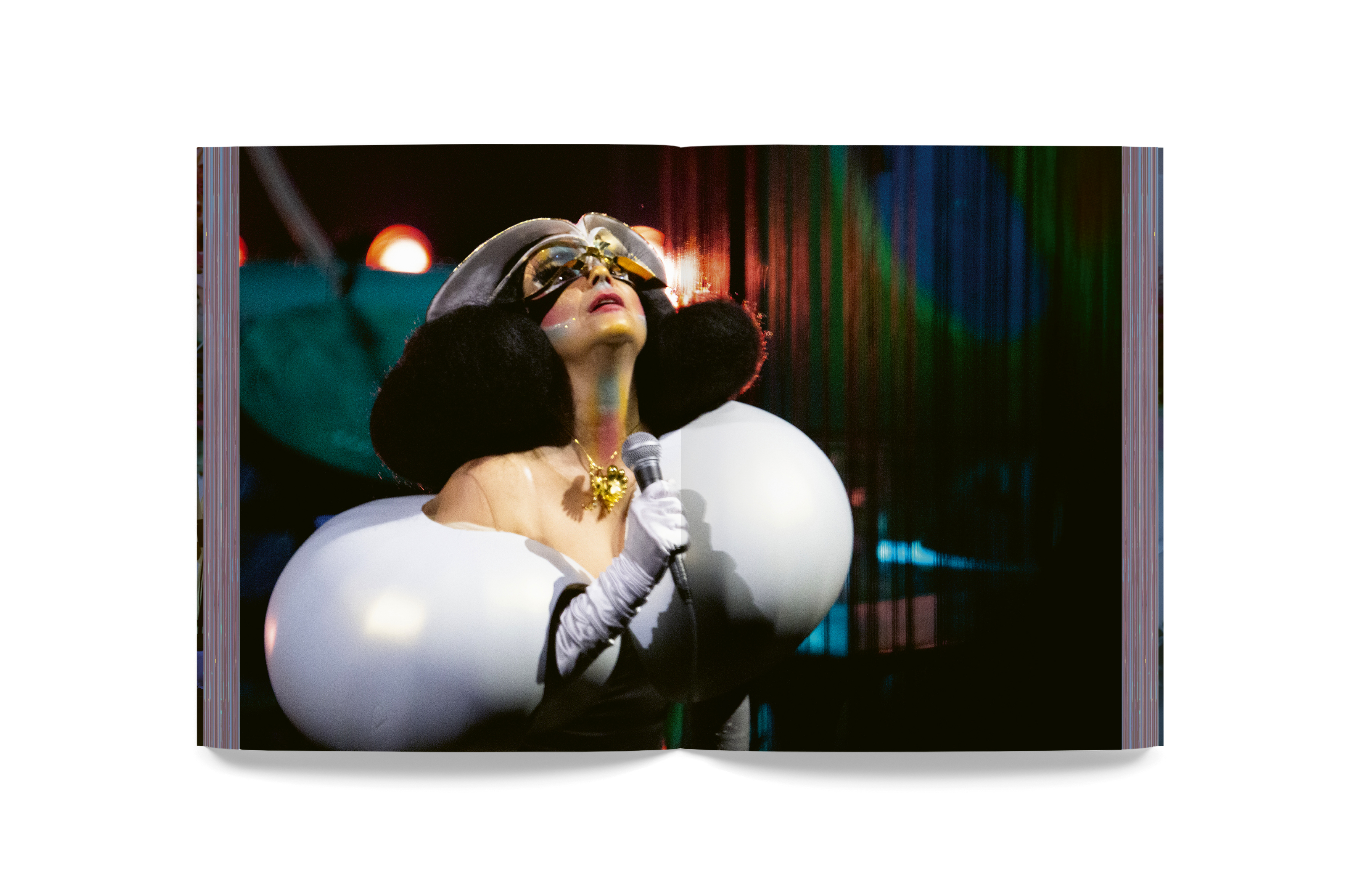
Björk
Lilja Birgisdottir runs Fischersund – a multi-disciplinary art and music collective and perfumery – alongside her three siblings, most recognisable of whom is Jonsí, artist and vocalist of globally renowned experimental rock band Sigur Rós and Fischersund’s 'nose'. Founded in 2017 and with a permanent shop-cum-art space in the city centre, last year the collective also opened a multi-sensory exhibition, ‘Faux Flora’, at the Nordic Museum in Seattle. Their work is immersive, with new scents accompanied by vinyls of specially created sound work that heighten the experience. In the shop, they provide ‘scent tours’, where participants are read short stories as they take in each smell; at the back is a ‘scent organ’ – an old piano stacked with hundreds of scent notes designed to emphasise the synergy between these two senses.
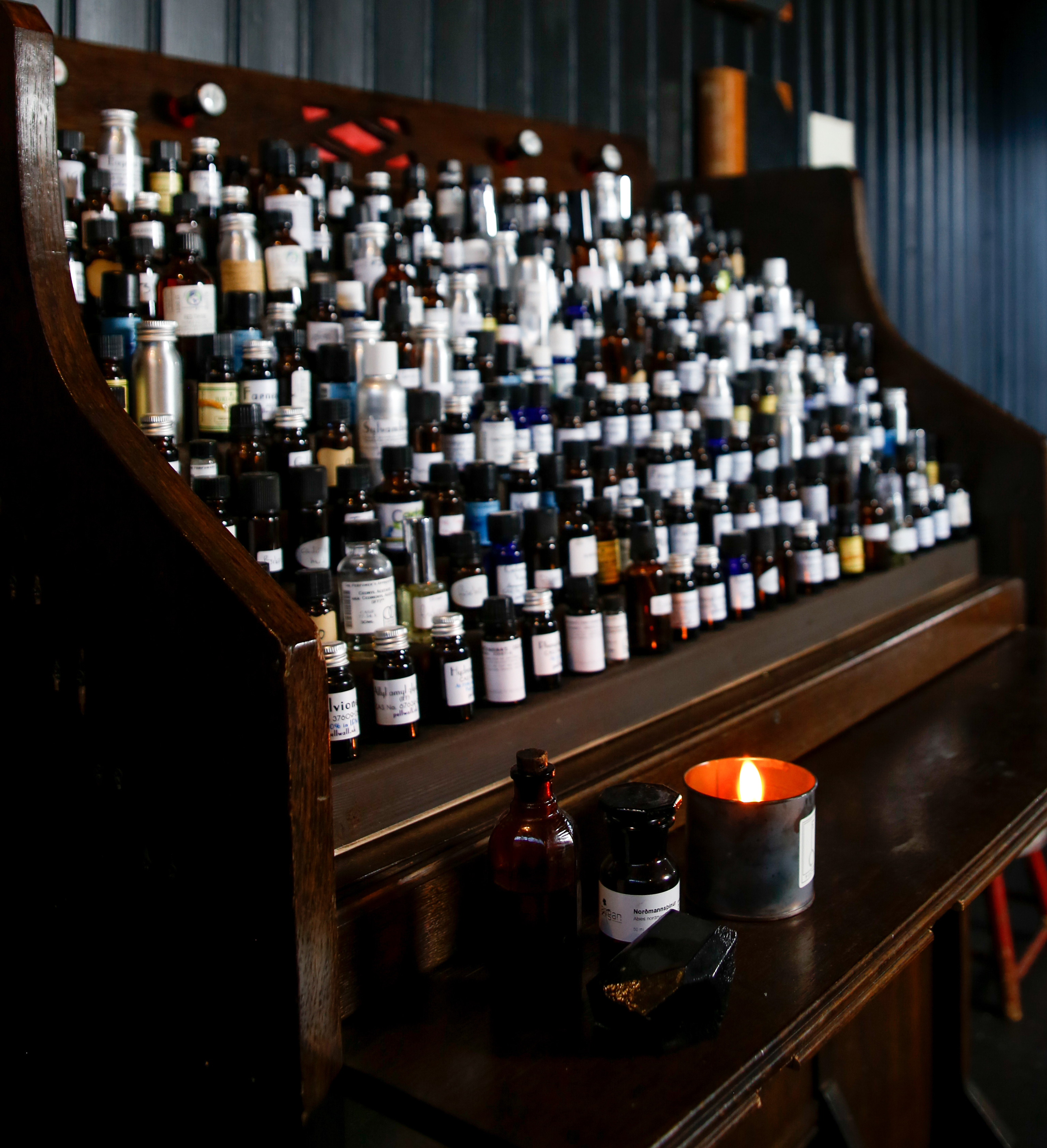
Inside Fischersund
Photographer and fine artist Birgisdottir, whose visual work forms much of ‘Faux Flora’, speaks of the historical traditions that have always fuelled this sense of creative collaboration. 'I think it’s really deep in our culture because Iceland can be so isolating, especially in the winter,' she says. 'Back in the day, we read to each other and played instruments and wrote poetry, so I think this culture of coming together to survive the winter is such a strong thing for us. We are a tiny population but there are a lot of people that have gone on [to do big things]. People here are very experimental. It’s a very curious and brave scene because people feel like they can do anything.'
Receive our daily digest of inspiration, escapism and design stories from around the world direct to your inbox.
‘We are a tiny population but there are a lot of people that have gone on [to do big things]. People here are very experimental. It’s a very curious and brave scene because people feel like they can do anything’
Birgisdottir, photographer and fine artist
From the now long-established Icelandic Love Corporation – a feminist collective that have exhibited their 'playful, subtle social critiques' from MoMA to Denmark’s ARoS Kunstmuseum – to more mainstream artists such as current global superstar Laufey, who last year won a Grammy for her game-changing second album ‘Bewitched’, there is undoubtedly a higher-than-average cultural success rate given Iceland’s nominal size. Dark Music Days’ festival director Gunnhildur Einarsdóttir says that, for the festival, it is about 'stretching [the remit] as much as we can within the frame', but that ethos feels true for the scene as a whole. Reykjavik feels like a place of possibility, where camaraderie and a healthy pinch of hustle are valued far more than competition.
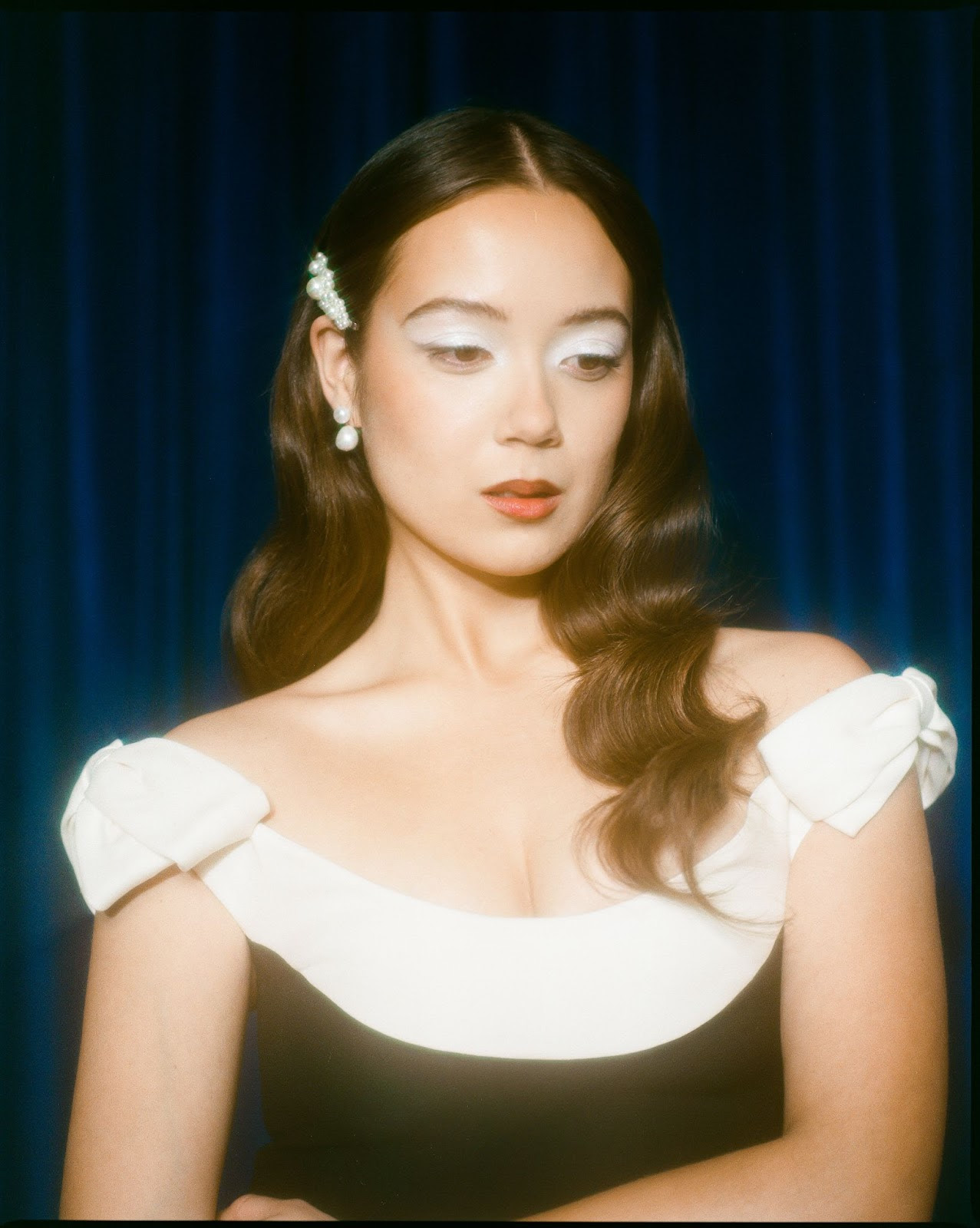
Laufey
Glossolalia, at its core, reflects this idea of striving for something beautiful and possible. 'I think with art we can help shift perspectives. It doesn't matter if it is visual or text based, design or auditory, there are always ways to influence and show something that is right beyond our reach,' says Fanney. 'Sometimes, showing that energy can move you closer to it, and in some cases, you are shifting closer to magic.'
Thanks to Dark Music Days Festival and Hvammsvik.
Lisa Wright is a freelance food, travel and culture journalist who has written for titles such as The Observer, NME, The Forty-Five, ES Magazine and DIY.
-
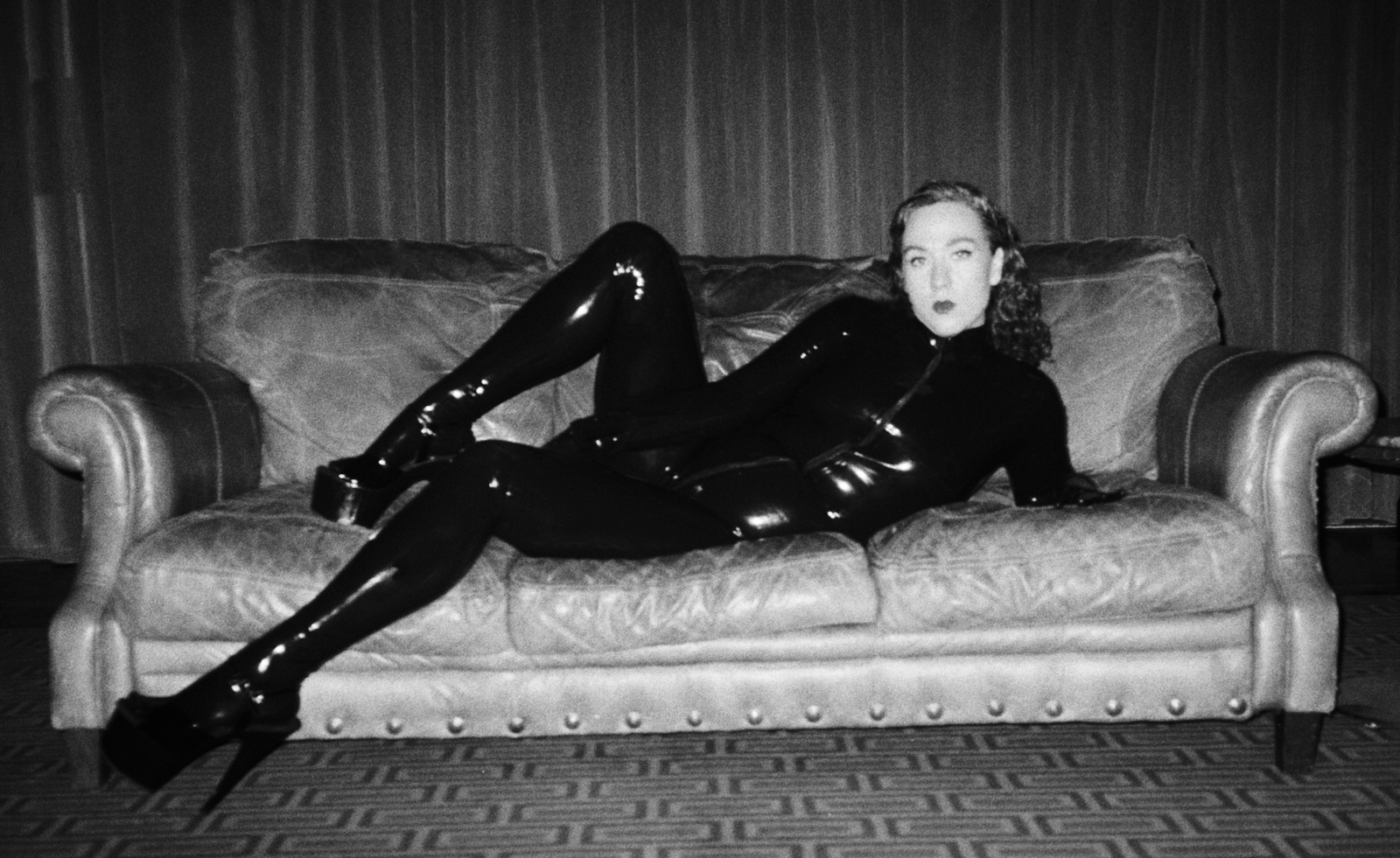 We are all fetishists, says Anastasia Fedorova in her new book, which takes a deep dive into kink
We are all fetishists, says Anastasia Fedorova in her new book, which takes a deep dive into kinkIn ‘Second Skin’, writer and curator Fedorova takes a tour through the materials, objects and power dynamics we have fetishised
-
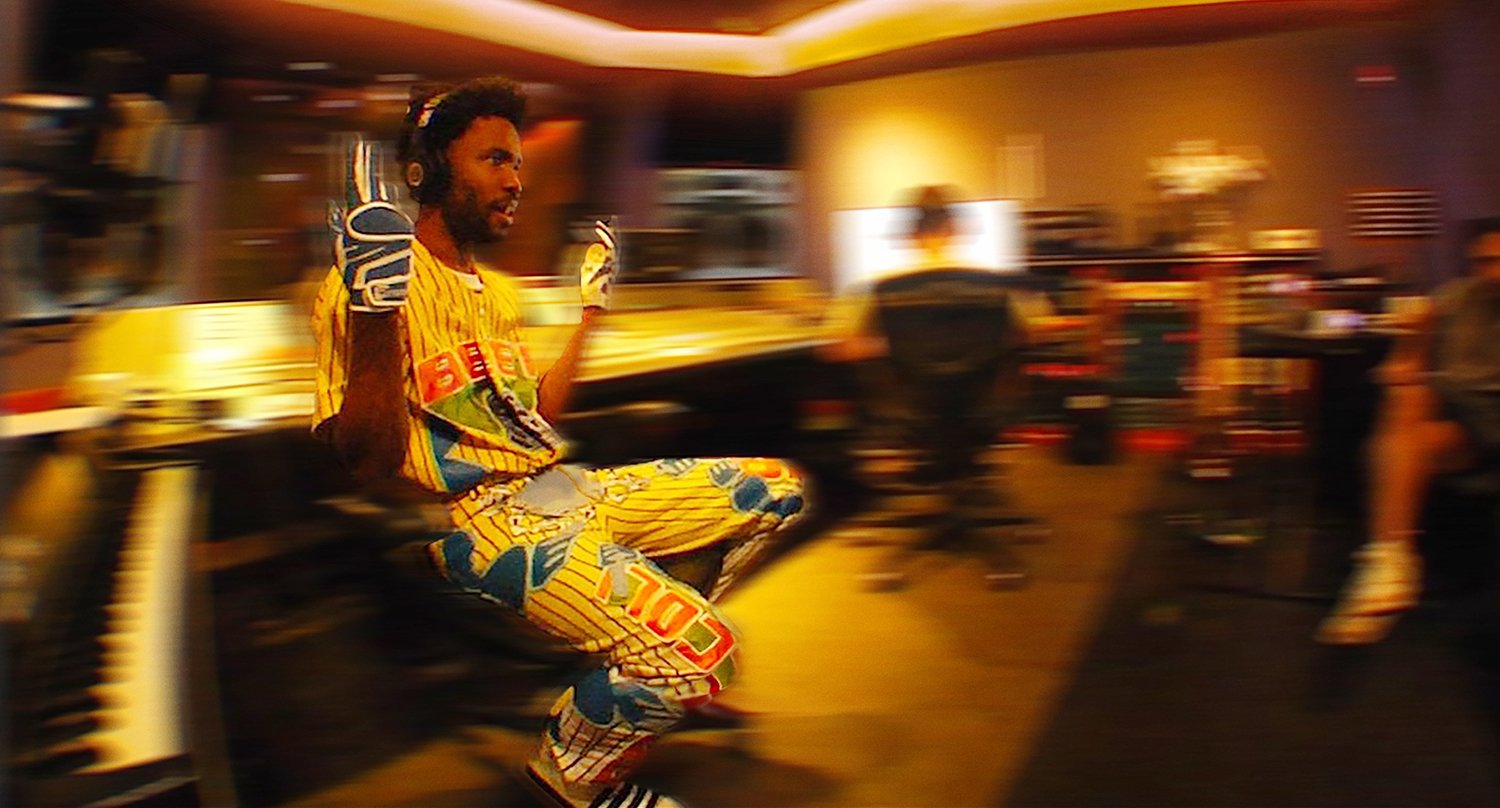 Frank Ocean’s Homer brings its luxury jewellery and accessories to new stores in London and Los Angeles
Frank Ocean’s Homer brings its luxury jewellery and accessories to new stores in London and Los AngelesHomer is growing, with a London outpost set to appear in jewellery district Hatton Garden
-
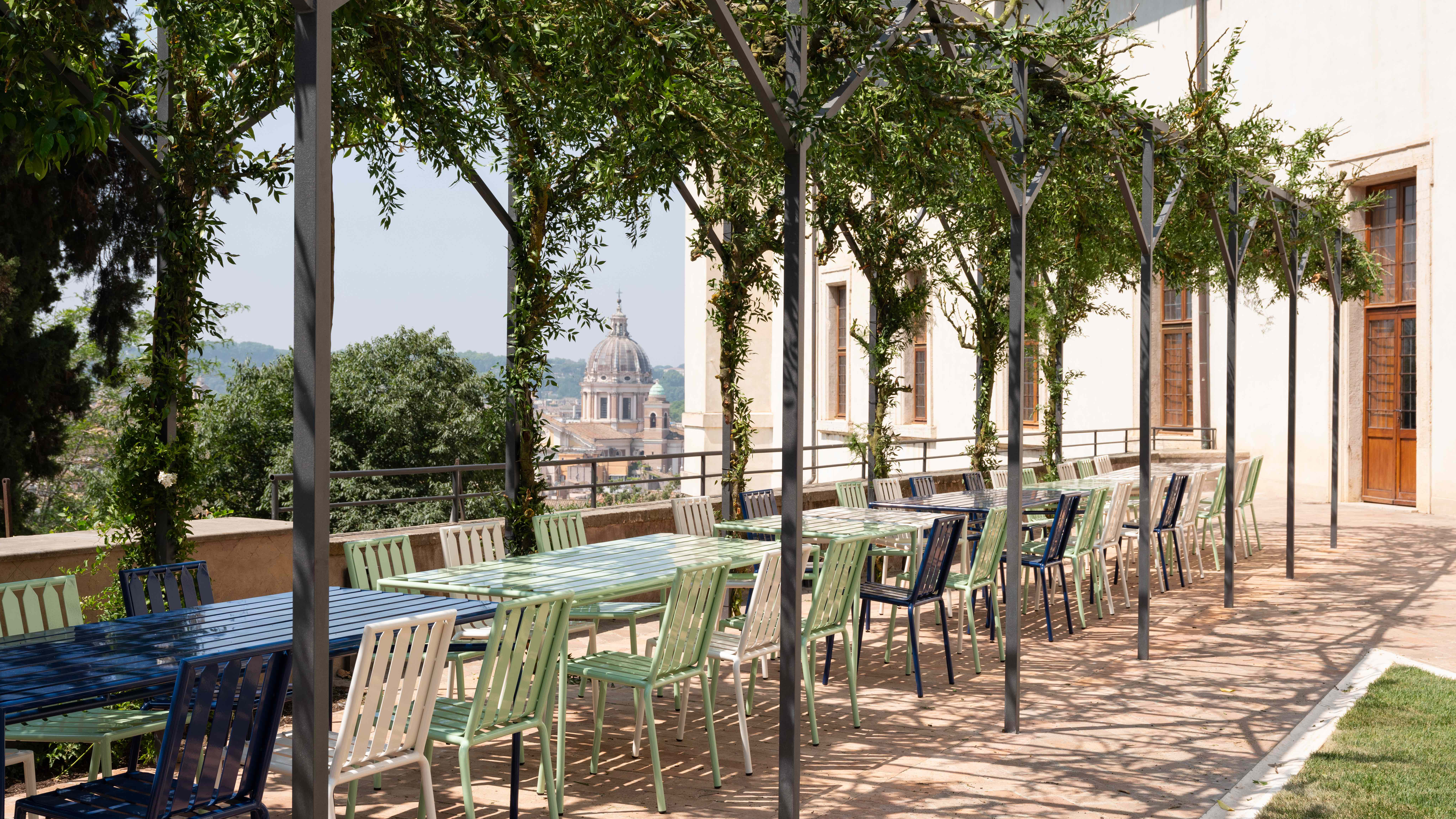 Spend a night at the renovated Villa Medici, ‘one of Rome’s greatest sleepover experiences’
Spend a night at the renovated Villa Medici, ‘one of Rome’s greatest sleepover experiences’Villa Medici is not a hotel; but if you can snag a room at what’s in fact the French Academy in Rome, you’re in for a design treat
-
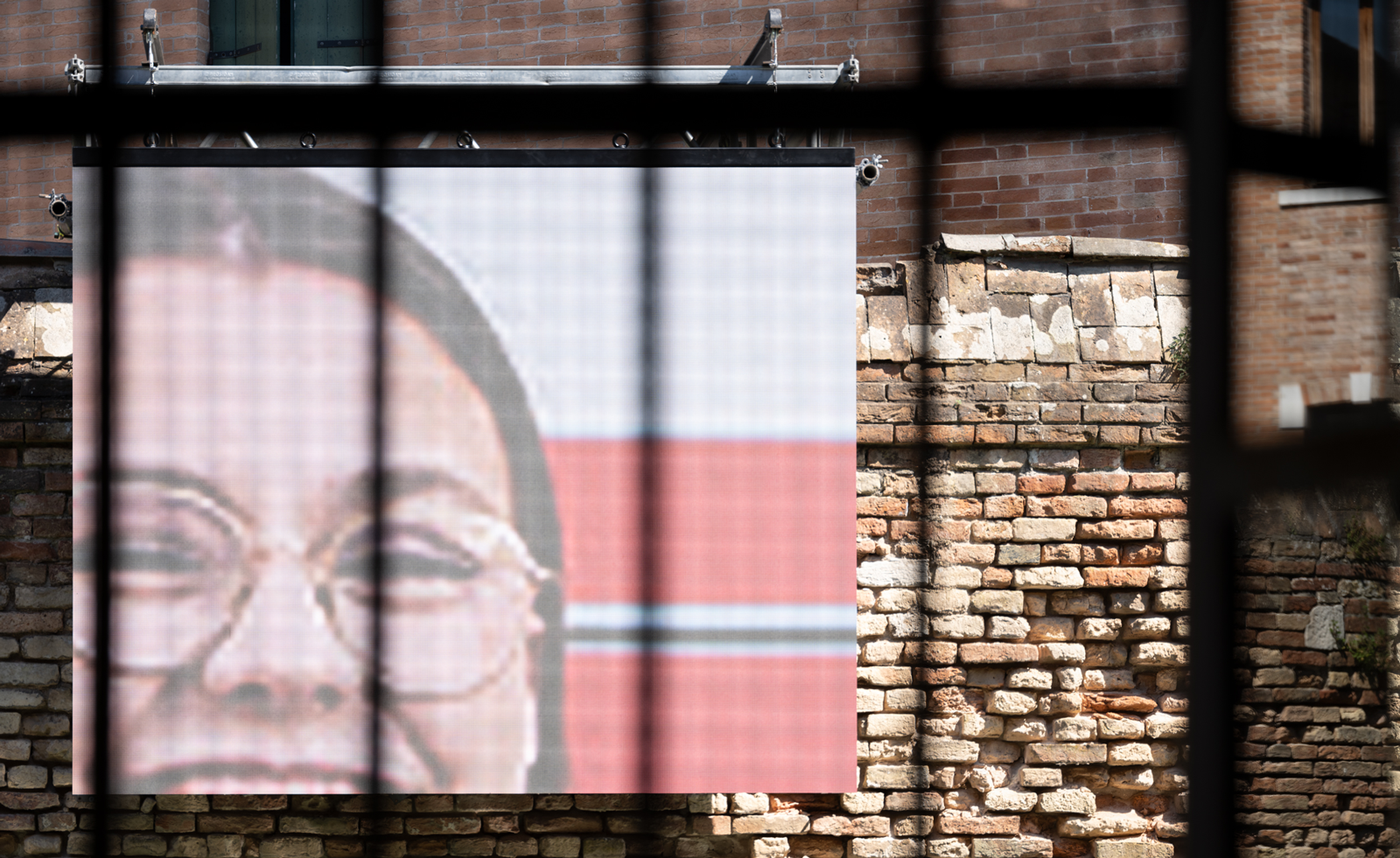 ‘Everything human-made is of interest to me’: Hildigunnur Birgisdóttir in Venice
‘Everything human-made is of interest to me’: Hildigunnur Birgisdóttir in VeniceArtist Hildigunnur Birgisdóttir explores consumerism at the Icelandic Pavilion at the Venice Biennale 2024
-
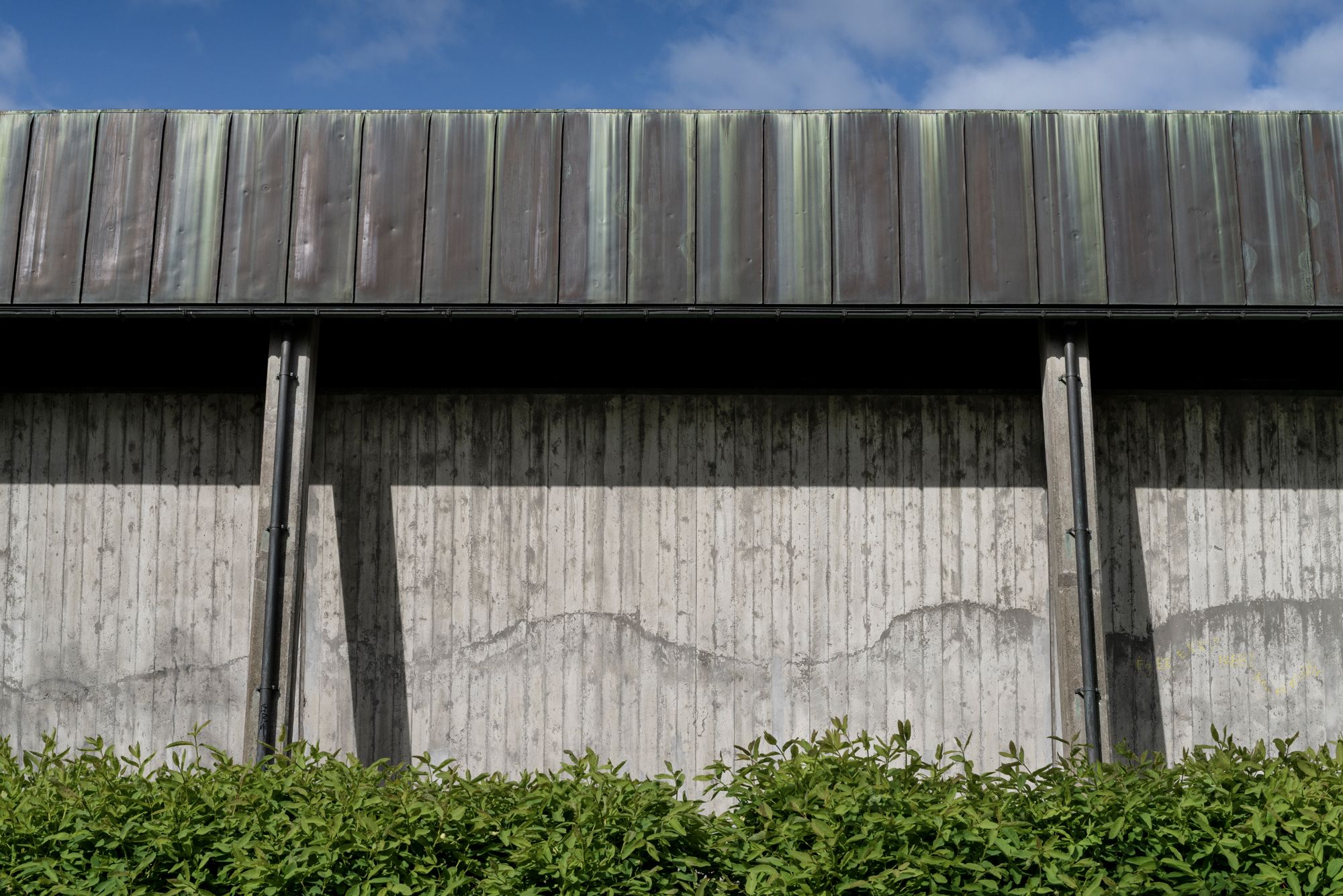 Culture, creativity and concrete in Reykjavík
Culture, creativity and concrete in ReykjavíkPerfectly located between North America and Europe, Reykjavík has become a cultural pitstop for collectors, attracted by the Icelandic capital's vibrant art scene, emerging gallery spaces, and striking architecture